Time Period: Divergent Prosperity and the Arc of Reform (1968 - 2022)
Arkansas Mycological Society
 Arkansas National Guard Memorial
Arkansas National Guard Memorial
 Arkansas National Guard
Arkansas National Guard
 Arkansas National Guard In Iraq
Arkansas National Guard In Iraq
 Arkansas National Guard Assisting Hurricane Katrina Evacuees
Arkansas National Guard Assisting Hurricane Katrina Evacuees
 Arkansas National Guard Wildfire Training
Arkansas National Guard Wildfire Training
 Arkansas National Guard in Iraq
Arkansas National Guard in Iraq
Arkansas National Guard Museum
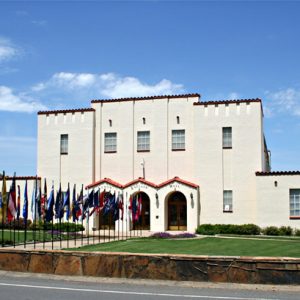 Arkansas National Guard Museum
Arkansas National Guard Museum
Arkansas Native Plant Society
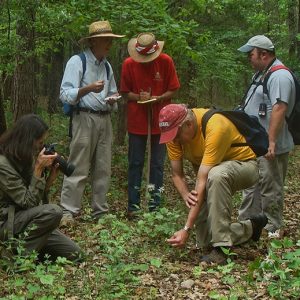 Arkansas Native Plant Society Field Trip--East Cadron Creek
Arkansas Native Plant Society Field Trip--East Cadron Creek
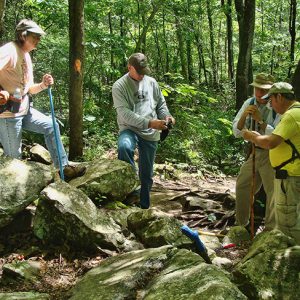 Arkansas Native Plant Society Field Trip--Petit Jean
Arkansas Native Plant Society Field Trip--Petit Jean
Arkansas Natural and Cultural Resources Council
Arkansas Natural Heritage Commission (ANHC)
Arkansas Northeastern College
 Arkansas Nuclear One
Arkansas Nuclear One
 Arkansas Nuclear One
Arkansas Nuclear One
Arkansas Nuclear One
Arkansas Philological Association
Arkansas Plan
Arkansas Political Science Association
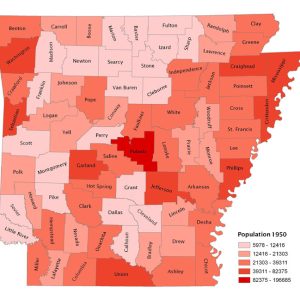 Arkansas Population, 1950
Arkansas Population, 1950
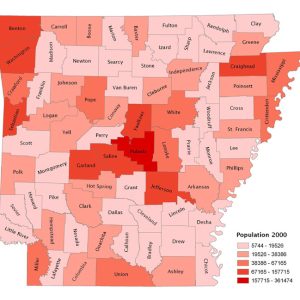 Arkansas Population, 2000
Arkansas Population, 2000
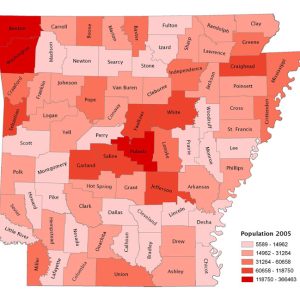 Arkansas Population, 2005
Arkansas Population, 2005
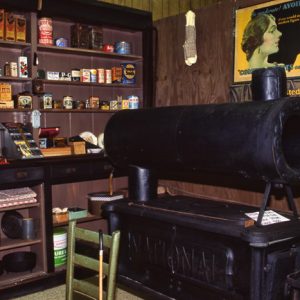 Arkansas County Museum Displays
Arkansas County Museum Displays
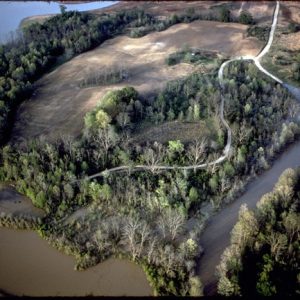 Arkansas Post National Memorial
Arkansas Post National Memorial
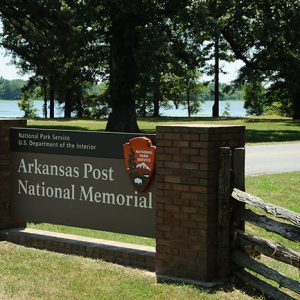 Arkansas Post National Memorial
Arkansas Post National Memorial
Arkansas Press Women
Arkansas Prison Blood Scandal
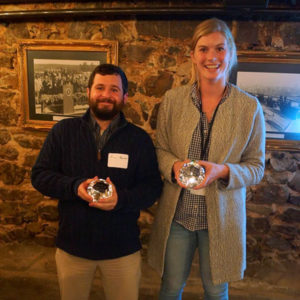 Arkansas Pro Award Winners
Arkansas Pro Award Winners
Arkansas Project
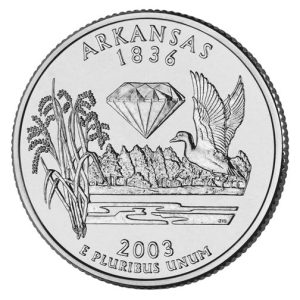 Arkansas Quarter Design
Arkansas Quarter Design
 Arkansas Quarter Design Discussion
Arkansas Quarter Design Discussion
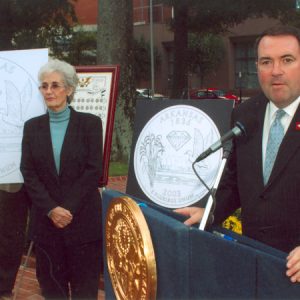 Arkansas Quarter Press Conference
Arkansas Quarter Press Conference
 Arkansas Railroad Museum
Arkansas Railroad Museum
 Arkansas Railroad Museum
Arkansas Railroad Museum
 Arkansas Railroad Museum
Arkansas Railroad Museum
Arkansas Railroad Museum
Arkansas Register of Historic Places
Arkansas Repertory Theatre
 Arkansas Repertory Theatre
Arkansas Repertory Theatre
 Arkansas Repertory Theatre
Arkansas Repertory Theatre
Arkansas Research Alliance
Arkansas Review: A Journal of Delta Studies
Arkansas Rice Festival
Arkansas Right to Life
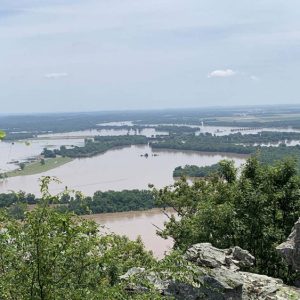 Arkansas River 2019 Flood
Arkansas River 2019 Flood
Arkansas River Blues Society
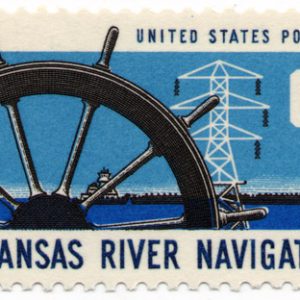 Arkansas River Navigation Project Stamp
Arkansas River Navigation Project Stamp




